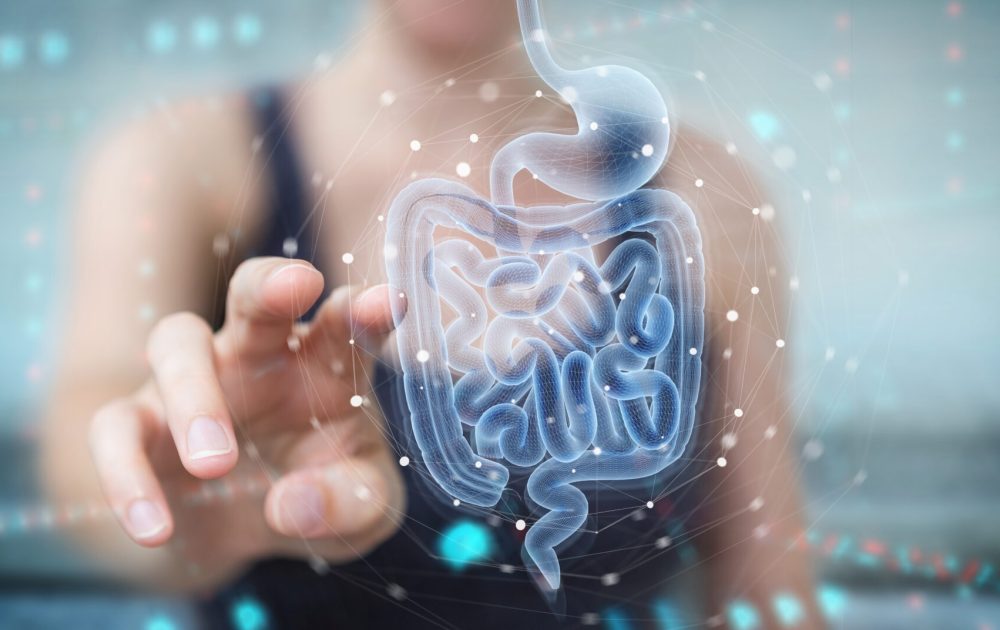Our test tells you which everyday chemicals you've recently come into contact with, and easy steps you can follow to reduce your exposure to them.
Pesticides and gut health

Organophosphate pesticides (OP) have been associated with a variety of health conditions for a long time. The link between pesticides and disruptions in the balance of the gut microbiome have been established by animal experiments and in-vitro models, although evidence on the effect of human exposures is more limited.
But it’s emerging that exposures to pesticides can lead to changes in human metabolic function and in the brain, in what’s known as the microbiome-gut-brain axis. But what causes these changes in gut health?
When environmental pollutants are the focus of research into the human microbiome–gut–brain axis, this help us understand the relationship between exposure to environmental pollutants such as pesticides and subsequent gut health outcomes.
One recent observational study examined the associations between ambient chronic exposure to pesticides and gut microbial changes in humans. Researchers found differences in gut health in people exposed to pesticides at high levels in a group of participants living in an agricultural area with heavy pesticide use.
Differences in gut microbiome brought about by chronic pesticide exposures were analysed and the results suggest that ambient air polluted by pesticides can alter the composition of gut microbiome, which in turn can help make predictions of metabolic changes in humans.
It’s thought that long term exposure to food grown with pesticides might affect the gut barrier and bacteria, and changes to the blood-brain barrier, but how does this work?
The exact mechanism is still unknown, but one working hypothesis is that protein clumps known as Lewy bodies that build up in the brain in some forms of dementia and Parkinsons disease may originate from changes in gut microbiome as a result of exposure to pesticides.
So can we reduce our exposure to pesticides?
Looking after our gut health
There are a range of healthy lifestyle considerations such as regular exercise and good sleep that can influence gut health, but two specific aspects of diet might be factors.
For some, it’s hard to avoid pesticides altogether in everyday life unless you follow a strict organic diet, but it’s quite easy to reduce your overall exposure to pesticides by switching some of your everyday ingredients to organic, such as cereal, bread, and vegetables. Foods most likely to have pesticides and herbicides are listed in the PAN Dirty Dozen list.
Another aspect of our diet that’s coming under increasing scrutiny is the relationship between dietary intake of ultra processed foods that not only contain high levels of saturated fat, salts, and sugar, but the potential health effects of the chemicals used in the production of these foods. This includes additives such as preservatives, flavour, colour and texture enhancers, emulsifiers, and other ingredients that are not usually used in home cooking – you’ll spot them in the ingredients list.
Ultra processed foods have been associated with obesity for a long time, but the most recent research is investigating links between UPFs and health of the gut biome, which is turn is being linked to heart disease and cancer. So there are good reasons to reduce your dietary intake of ultra processed foods if you are concerned about your gut health, and long term wellbeing.
The information on our website should not be used as an alternative to medical advice from your doctor or other professional healthcare provider. If you have any specific questions about any medical matter, you should consult your doctor or other professional healthcare provider. Lastinghealth.com is not responsible for the content of external websites. The inclusion of a link to a third-party website should not be understood as an endorsement.